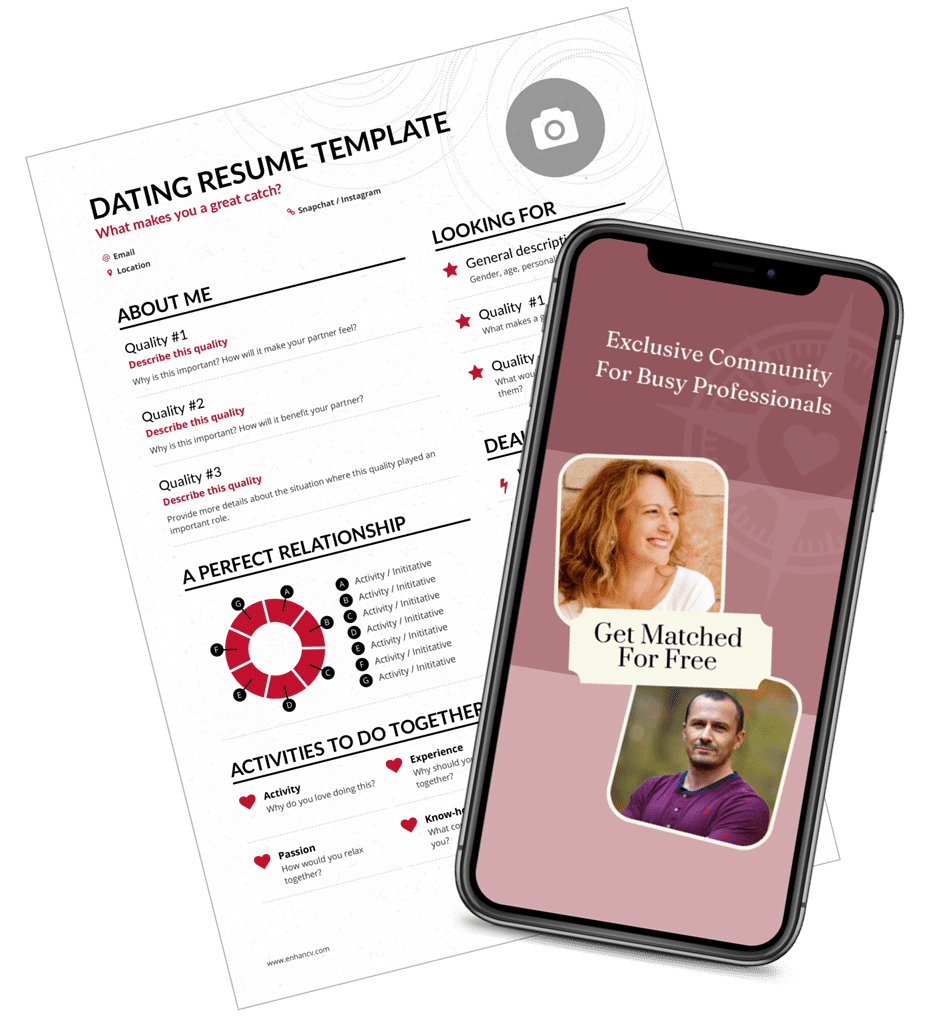Living with chronic pain presents a unique set of challenges, especially when it comes to personal relationships. Reflecting on my early days battling CRPS (Complex Regional Pain Syndrome), there were moments when I bravely shared the depth of my pain in my relationships with others, especially in my former marriage of 20 years, only to be met with a deafening silence. This lack of response intensified my suffering, wrapping me in a shroud of loneliness and misunderstanding. It seemed simpler, then, to continue my battle in silence, keeping my pain and struggles hidden.
However, through my professional growth as a Relationship Coach and years of education, therapy, and countless trials, I reached a surprising realization. The silence from my loved ones wasn’t due to a lack of care; in fact, it was quite the opposite. They cared so deeply that they were at a loss for words, paralyzed by their inability to alleviate my pain. Unbeknownst to them, all I needed was acknowledgment—an understanding nod to the immense battle I was facing daily.
This revelation was a turning point for me. I learned that it was my responsibility to clearly communicate my needs. It’s a common misbelief that our loved ones can instinctively know what we need and want, but often, they’re in the dark. Articulating our needs, especially when grappling with the complexities of chronic pain, is essential. It transforms silence into understanding, paving the way for deeper connections and mutual support.
In my current relationship (since 2017), embracing open communication about my experiences with chronic pain has revolutionized our dynamic. Even when disagreements trigger a pain flare-up, we’ve developed strategies to keep the situation under control, ensuring it doesn’t exacerbate my condition.
Our Communication Cornerstones
We’ve built our interactions on a few key principles:
- Directness: Sharing the unvarnished truth about the daily realities of living with chronic pain.
- Constructiveness: Concentrating on specific, actionable requests rather than vague complaints, leading to practical solutions for managing my pain.
- Mutual Support: Acknowledging that we’re in this together, which has shifted our mindset away from blame and towards cooperation.
Pathways to Mutual Understanding
This journey has underscored several important lessons:
- Understanding Emotions: Recognizing and expressing the emotional toll of chronic pain is crucial.
- Clarifying Needs: By identifying my needs, such as longing for empathy or help, we can devise strategies to address them together.
- Creating Empathy: Making an effort to see each other’s perspectives has been key to building a compassionate and supportive relationship.
- Open Sharing: Communicating our feelings and needs openly has deepened our connection and mutual support.
Strategies for Meaningful Conversations
We’ve also adopted several strategies for ensuring our communication is as effective as possible:
- Preparation and Patience: Practicing my expressions of feelings and needs helps me approach conversations with clarity.
- Choosing the Right Time: Finding moments when we’re both receptive has significantly improved our discussions.
- Staying Calm: Using grounding techniques before conversations helps me enter them from a place of peace.
- Starting Positively: Initiating discussions with love and appreciation sets a tone of collaboration.
- Taking Small Steps: Addressing one issue at a time has allowed us to gradually improve our communication skills without feeling overwhelmed.
Moving Forward Together
Learning to communicate openly about the struggles of chronic pain has transformed my relationships, proving that understanding, patience, and love can help us overcome any obstacle. For anyone navigating the complex interplay of relationships and chronic pain, remember: clear communication is key. It builds understanding and support, creating closer bonds even in the face of life’s challenges.



